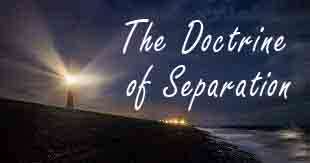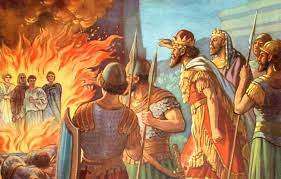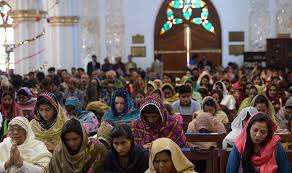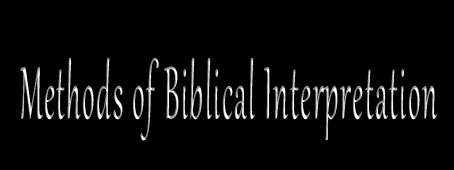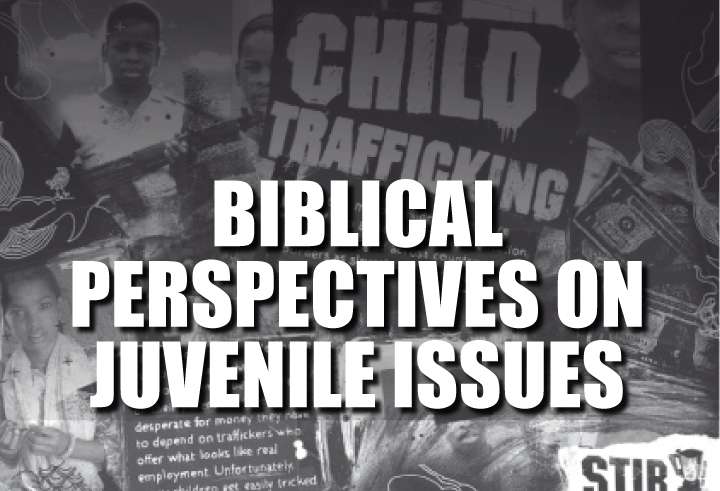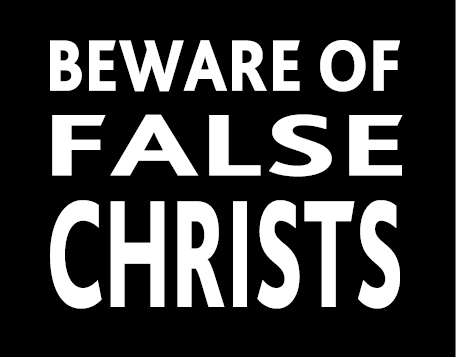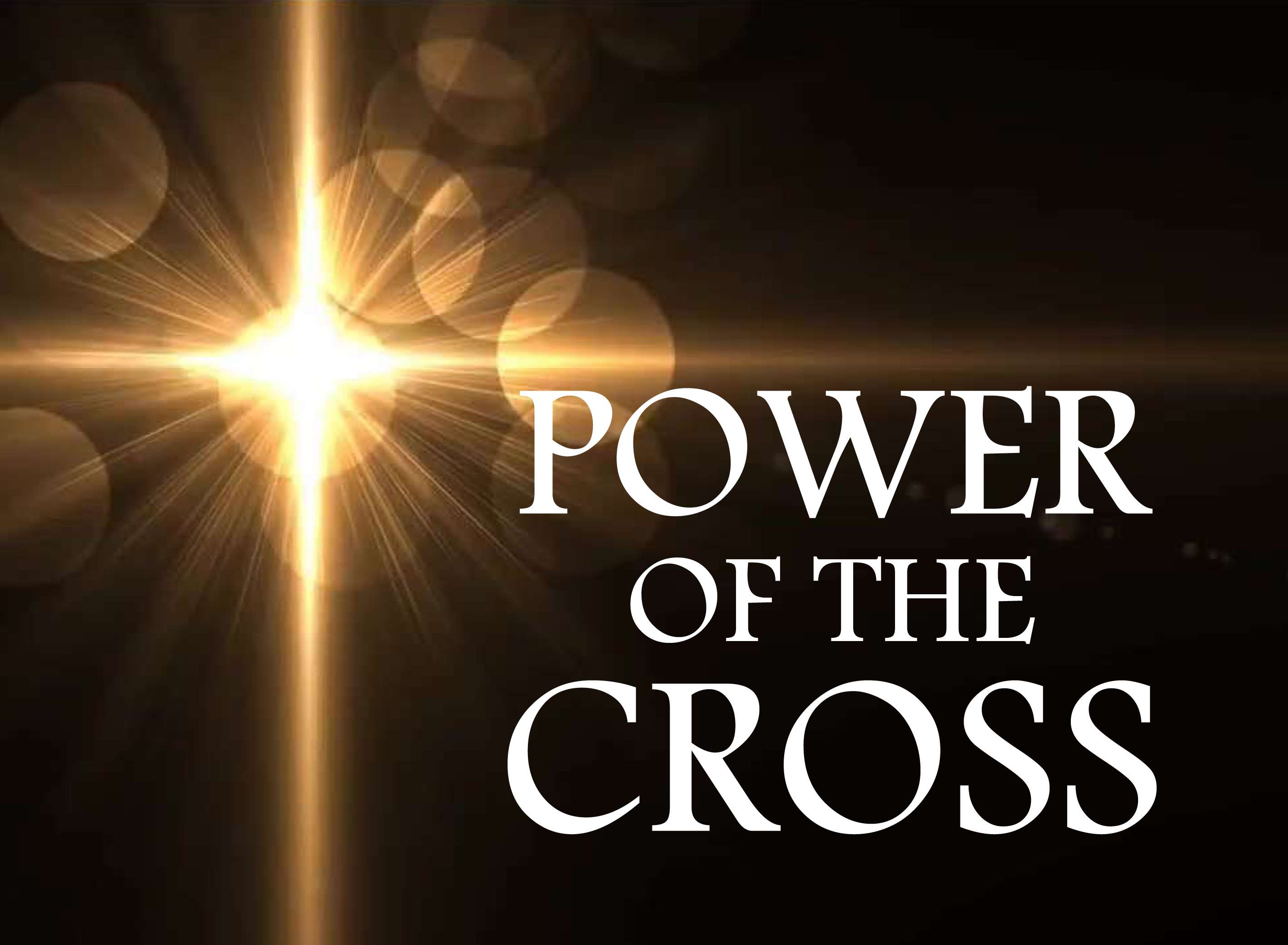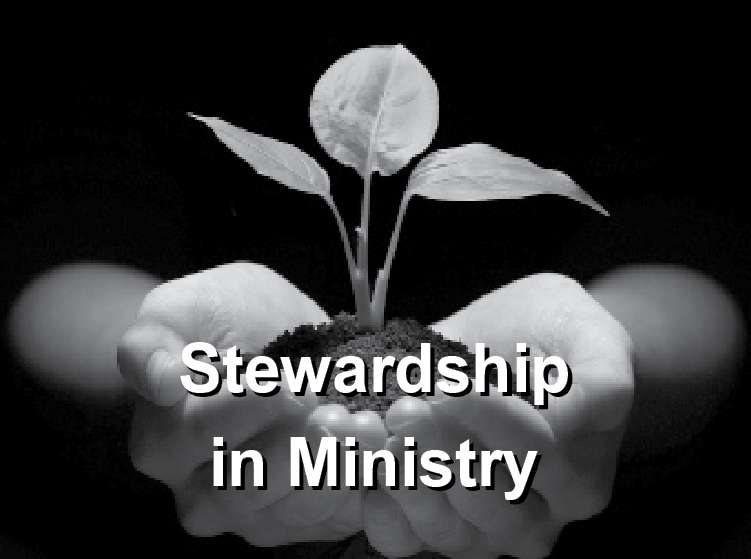

Stewardship in Ministry
Dr. Saju Joseph
We are stewards of God’s blessings such as life, property, money, time and talents etc. Stewardship in the church is usually associated with a campaign to raise money. The word 'steward' connotes the idea of a man who arranges for the supply of food and other materials in clubs, colleges, and other places; a man who attends to the needs of passengers in a ship or airliner; a man responsible for organizing details of a dance, race meetings, public meetings, shows and the like; and one who manages another’s property.
The general understanding of steward reveals some important features like arrangement, attendant, responsibility organizing, management to understand the subject better. All these are important aspects in Christian life and ministry.
Christian Understanding of a Steward
In the Bible, we find stewards who manage the household affairs, property, farms, accounts, slaves of his master. For example, Joseph in the Old Testament was the steward of Potiphar’s household. The Greek word for a steward is oikonomos defined as the manager of a household or of household affairs; especially a steward, a manager, superintendent, to whom the management of his affairs are entrusted, the care of receipts and expenditures, of the duty of dealing out proper portion to every servant and even to the children.
Stewardship is the response which the church is called to make to God for all He has given us and done for us, above all, in Jesus Christ. In this response, we worship God with praise and thanksgiving; we look to the universe as God’s creation, we treat the earth and its resources as God’s provision for the needs of all mankind; we regard our lives, our powers and our possessions as gifts from God to be enjoyed and used in His service; and seek to be stewards of the Gospel and to share in Christ’s mission to the world.
As Christians we are called to be stewards. God has given us tools, abilities, and resources like life, gifts, relationships, money and gospel to fulfill our calling. Our life itself is a stewardship. The Lord expects and trusts us to fulfill His propose by our lives. Our life is a stewardship of time. How much time have we got? We don’t know! But we must budget and use wisely the time we have. God has given us qualities, skills, talents, and the tremendous potential given to us at our birth and we respond and help in God’s plan by developing and sharing these gifts.
The Kingdom of God is the kingdom of right relationships. Our relationship with others is a gift of God and a test of our stewardship. For example :- at home - by growing together as family; at Church - through worship, fellowship, and teaching at work - by example, support and concern; in the world - through practical help , mission and justice.
We are constantly reminded that “All things come of thee and of thine own do we give thee.” What else then can we offer to Him but our gifts, skills, and talents have brought to us? This calls for the stewardship of money. Giving money to the church is a symbolic act. We give not only because the church needs money - but because it is part of our loving response to God’s generosity. Giving money is also a ‘practical act’ and without this practical act, the church cannot fulfil its mission to preach the Gospel, be a witness to Jesus Christ and serve and help God’s children everywhere.
The biggest challenge of all is the stewardship of the Gospel. Through the Gospel we have forgiveness, hope, peace; we receive assurance, strength and joy. As stewards of the Gospel we are called to share these blessings with others by receiving the Gospel, which is an act of faith and by sharing the Gospel which is a commitment to mission and by reflecting on the Gospel in our daily life; that is to adopt a Christian life - style.
Church Finance
The New Testament teaching about Christian giving is sharing our financial resources for the needs of the church and the saints. It should not be limited with tithes only.
Stewardship is a basic theme of the scripture. Genesis 1:28 and 1 Corinthians 4:1 say the ownership of all things is bestowed in God alone by virtue of his creative and sustaining activity. It includes all material values and such intangible factors as time, energy and challenges. Man is a unique creation and he has been given dominion over everything by the Creator and is charged with the administration of the whole. To this end he was made in the image of God (Genesis 1: 27).
1. Man is responsible for the things entrusted to him and is accountable for his stewardship (Romans 14:10).
2. Stewardship is the philosophy of the church. Not until the great mission movement in the 18th century among the Moravians and Methodists did the claim of scriptural stewardship receive more attention. They understood well that property is a trust to be administered by God but they did not understand that every deed is an act of worship rendered unto God as an acknowledgement of His sovereignty. In the beginning the ascetics renounced wealth by compartmentalizing the spiritual and the material realms. Out of a total of 30 parables that Jesus Christ narrated, 11 of them deal with material resources.
3. Stewardship involves recognizing the sovereignty of God. When Adam was made custodian of Eden, it was necessary for him to recognize the difference between possession and ownership. God set one tree apart (Genesis 2:27). As he honors the tree he declared the sovereignty of God.
4. Stewardship denies the dominance of the world. Money is the dominant force in the world (Ecclesiastes 10: 1). He who possesses great wealth in this world commands respect. The one who gives to the Lord escape the stronghold imposed by the love of money.
5. Giving is a therapeutic agent. It cleanses the life of selfishness. People perform an act of purification while giving tithe. He forces on himself the habit of careful accounting and economy. He is forced into a life of faith (Leviticus 27:32; Joshua 6:17).
6. Giving is an act of worship or an attitude by which the relative position of God and people are established. Giving money to God is an act of worship because it consists of money or its equivalent.
Through out the centuries of the Christian era, many pastoral theologians and church leaders have tried to delineate the different functions of pastoral care according to their concepts, understanding and experience.
Stewardship as a Pastor
Chrysostem (4th Century A.D.) in his famous writing, 'On the Priesthood' described four essential functions of an ordained minister. The following are the areas where a Christian minister should be a good steward in pastoral ministry. They are:
1. Sacramental functions - It means all the different ministries a pastor should administer in the church for the edification of the body of Christ.
2. Disciplinary and administrative functions - He administers discipline on erring members, settles disputes among the parishioners, and administers church property.
3. Teaching and evangelistic functions – He teaches people, builds them up, refutes false teaching, and equips people for witnessing in the world.
4. Pastoral functions – At every stage of life, during crisis, joy, sorrow and every important moment of life, he ministers to the needs of people.
A Christian minister is supposed to be the one who is a model in stewardship. By adhering to the above elements of stewardship, a minister can immensely influence the church members for Christian stewardship. One should practice Christian stewardship in all aspects of the ministry.



